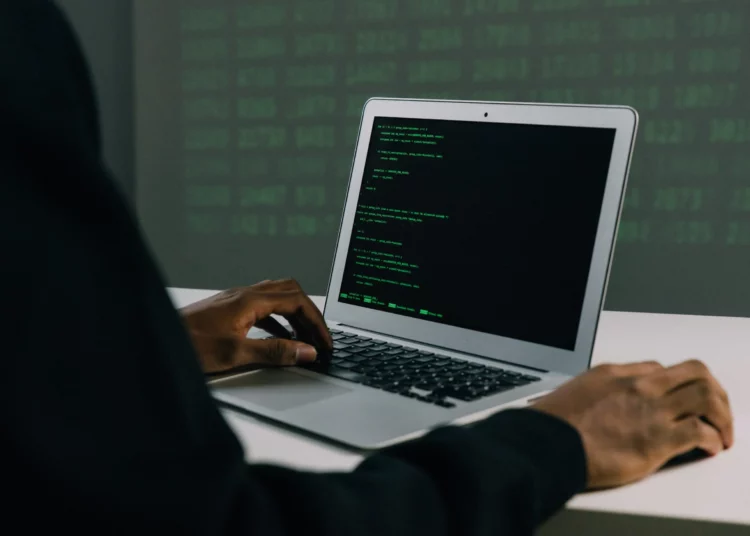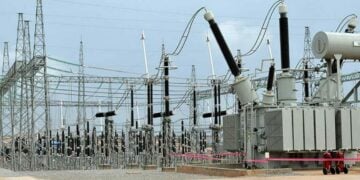Conversations around the 0.5 per cent cybersecurity levy being introduced by the Central Bank of Nigeria(CBN) remain ongoing with many not sure if the May 20, 2024 date for commencement of the deductions still remains. The CBN had last Monday, released a circular directing that all financial institutions begin to deduct 0.5 per cent cyber security levy from certain transactions on customers account. The deductions are expected to affect accounts domiciled in commercial banks, merchant banks, non-interest banks, payment system banks, Other Financial Institutions (OFIs), mobile money operators and payment service providers, who are to comply and remit within the stipulated timeframe will face a penalty of two per cent of their annual turnover.
Although, the CBN had listed 16 transactions that are to be exempted from the levy, many including lawmakers have come out to kick against the new policy which many say is another burden on bank customers who are already groaning under the various fees being charged on their accounts. A member of the House of Assembly, representing the Obio/Akpor Constituency, Kingsley Chinda, had moved a motion on the urgent need to halt and modify the implementation of the cybersecurity levy had been moved by the member.
The lawmaker noted that the wordings of the CBN circular “leaves the directive to multiple interpretations including that the levy be paid by bank customers, that is, Nigerians, against the letters and spirit of Section 44(2)(a) and the Second Schedule to the Cybercrimes Act, which specifies the businesses that should be levied accordingly.
The development, according to the lawmaker, “has led to apprehension as civil society organisations and citizens have taken to conventional and social media to call out the Federal Government to give ultimatums for a reversal of the ‘imposed levy on Nigerians’ among other things.”
He argued that, unless immediate pragmatic steps are taken to stop the proposed action of the CBN, “The Cybercrime Act shall be implemented in error at a time when Nigerians are experiencing the aftermath of multiple removal of subsidies from petroleum, electricity and so on and the rising inflation.” Commenting on the levy, the chief executive of the Center for the Promotion of Private Enterprise(CIPPE), Dr Muda Yusuf noted that the 0.5 per cent cybersecurity levy is a major cause for concern.
According to him businesses and the generality of citizens are yet to recover from the shocks of current reforms. “Inflationary pressures have not abated, high cost of living is still a major worry, operating and production costs for businesses remain elevated, amidst weak consumer purchasing power. This is not a good time to impose an additional levy both on businesses and citizens. The magnitude of the levy is even of a bigger concern.
“The expectations of citizens and corporate organisations are that taxes and levies are being rationalised and streamlined for better business environment. The Presidential Committee on Fiscal and Tax Reforms had said this repeatedly. The announcement on the cybercrime levy contradicts earlier assurances by the Presidential Committee,” he pointed out.
Currently, business are saddled several taxes which include but not limited to Company Tax, Tertiary Education Tax, Stamp Duties, NITDA levy, Value Added Tax,NASENI Levy, Police Trust Fund Levy, state and local government taxes among others. Yusuf noted that these are asides the NYSC Levy and Tertiary Health Levy which are still in the works. By the account of the Nigeria Interbank Settlement System (NIBSS), electronic payments on its platform in 2023 was N600 trillion. 0.5 per cent of this is N3 trillion. The industry data of electronic payments in 2022, according to the





